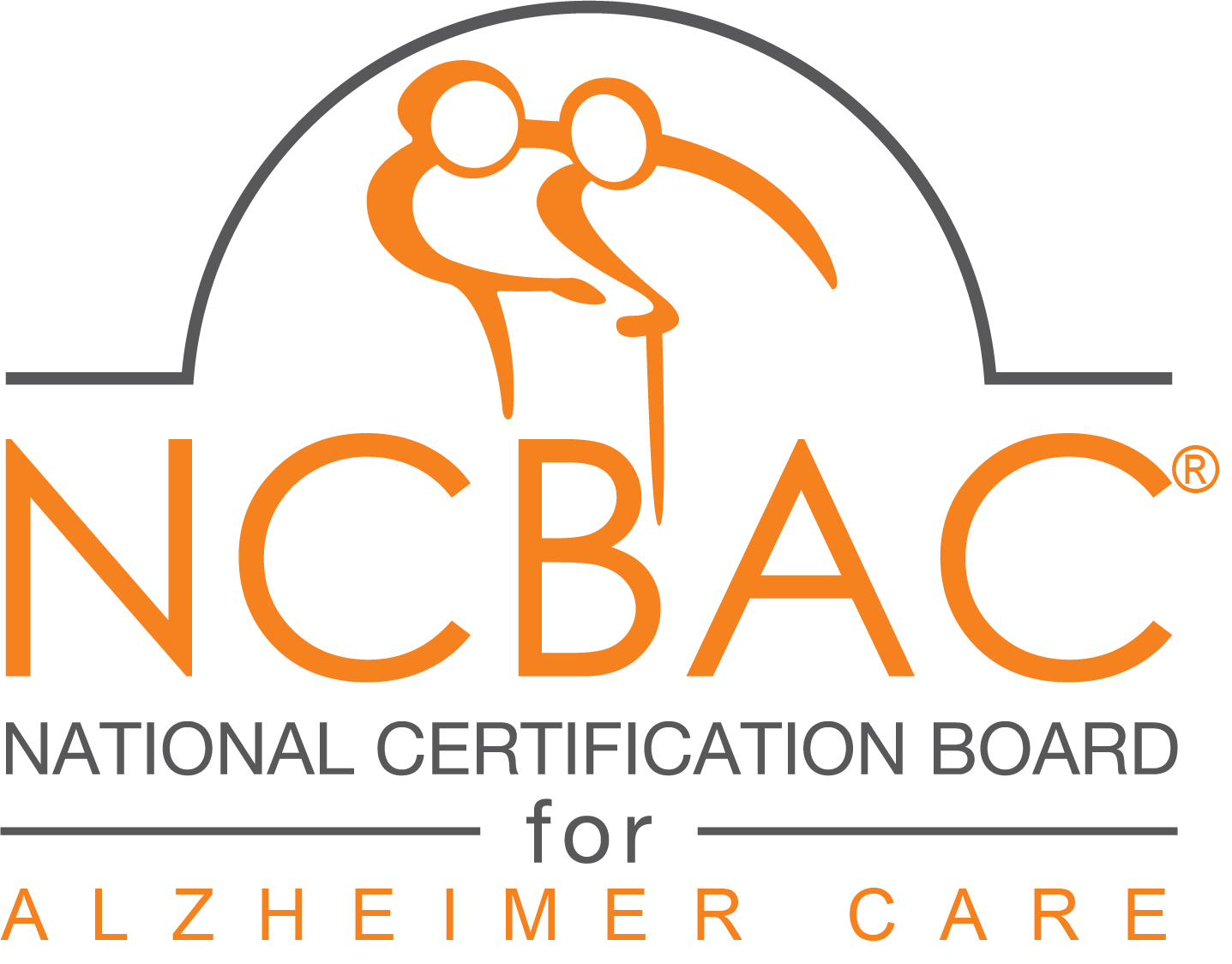A region in the brain called the locus coeruleus, which produces nerepinephrine, may play a crucial role in the development (and potential prevention) of Alzheimer’s, a new study finds. The study, conducted by researchers at the University of Southern California, dubs this brain region as the “ground zero” of Alzheimer’s disease.
The locus coerleus is small, but it’s interconnected with a lot of the body’s processes — including the circulatory and cardiovascular systems, attention, memory, cognitive function, and identifying novel information. It’s also involved in the physiological responses to stress and anxiety, and its main function is producing norepinephrine, which plays a role as both a neurotransmitter and hormone during the fight-or-flight response to stress. Norepinephrine can impact heart rate, glucose release, and blood flow as it’s pushed from the locus coerleus to the spinal cord, cerebral cortex, and limbic system.
